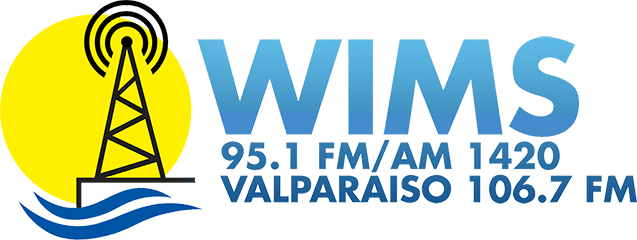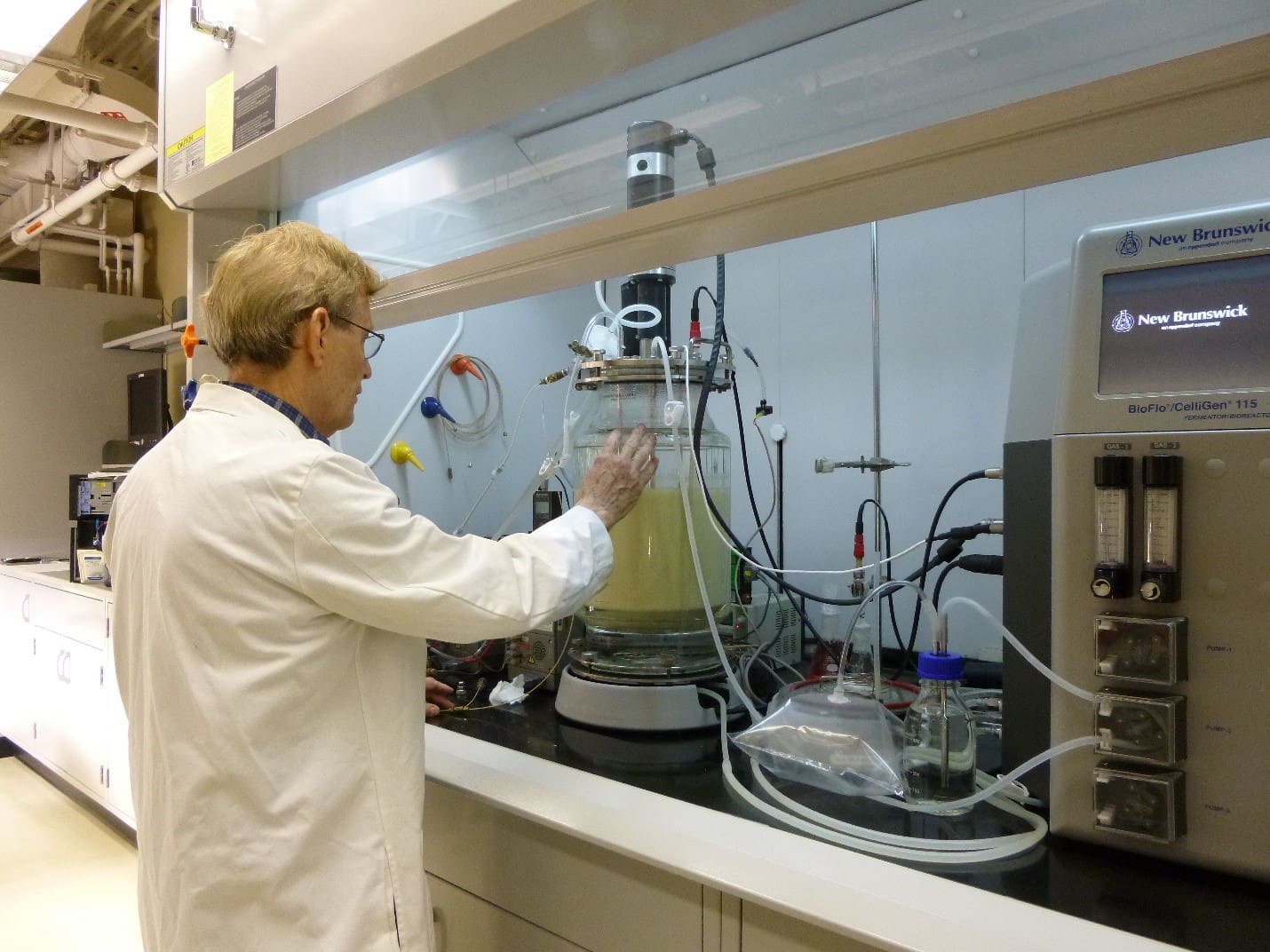A Purdue Northwest process to turn food waste into sustainable hydrogen has been licensed to an energy company.
The Purdue Research Foundation recently completed the agreement with an international energy company for the commercialization of a new process discovered at Purdue University Northwest (PNW) for the biological production of hydrogen from food waste. A second licensing agreement with a company in Indiana is under negotiation.
Purdue says the new process uses food waste to biologically produce hydrogen that can be used as a sustainable energy source for producing electricity, as well as for chemical and industrial processes or as a transportation fuel.
The research team consisting of Kramer, Libbie Pelter, associate professor of Chemistry at PNW and John Patterson, associate professor in the Department of Animal Sciences at Purdue West Lafayette, has received five grants from the U.S. Department of Energy and the Purdue Research Foundation totaling approximately $800,000 over the last eight years to develop the science and technology that lead to the process. Two patents have been issued for this effort and a third patent is currently in the final stages of approval.
Over the next nine months, a scale up test will be conducted. Based upon test results, it is anticipated that construction could start on the first commercial prototype within one year.

